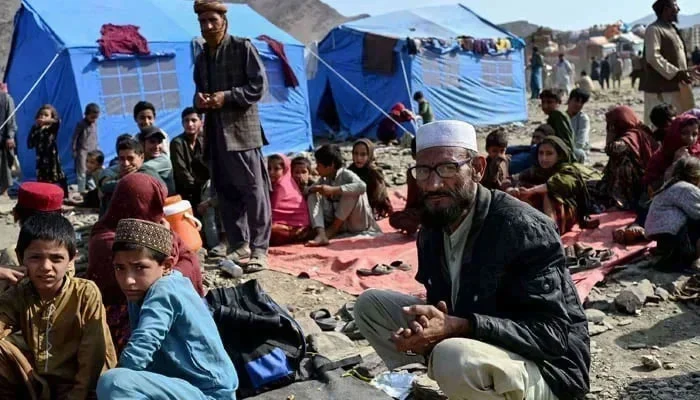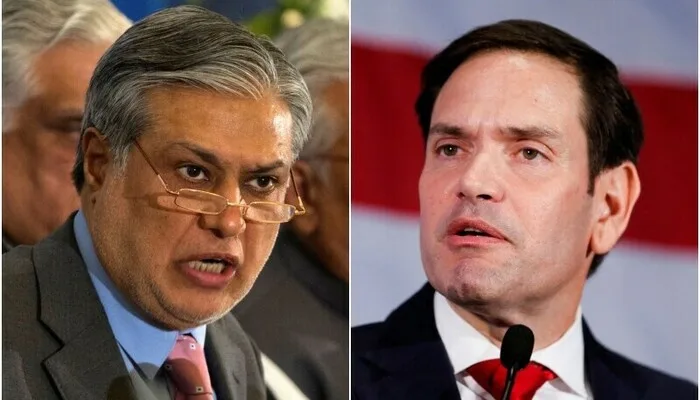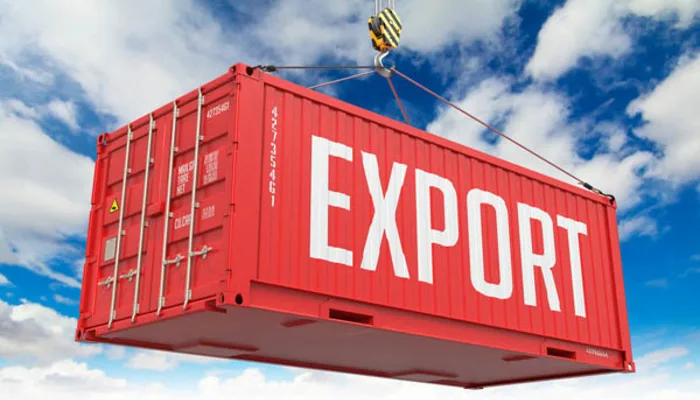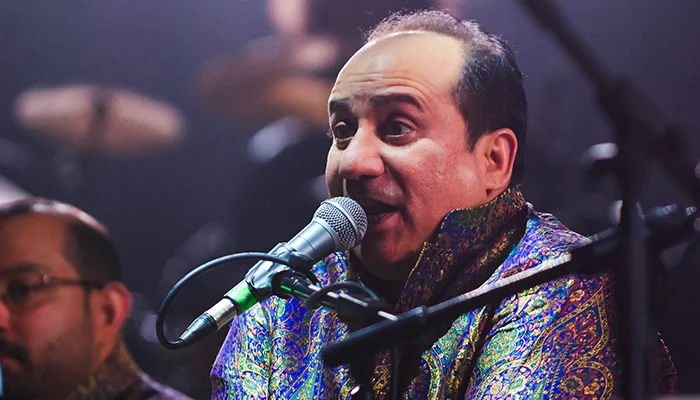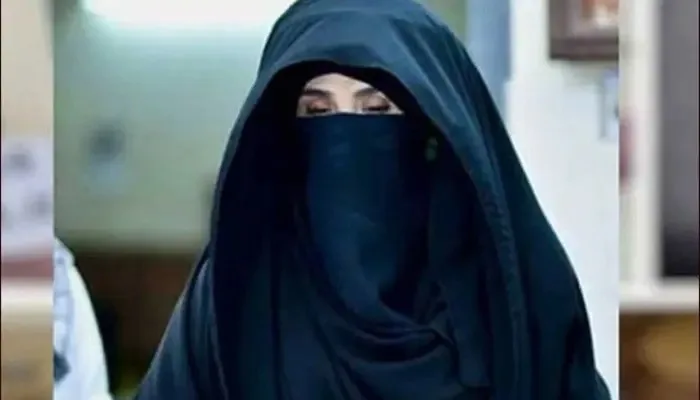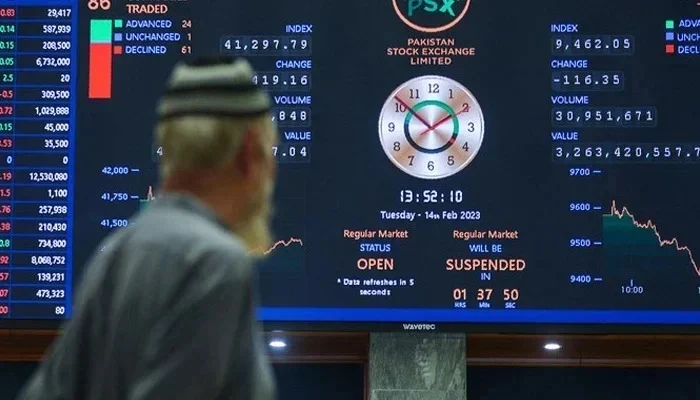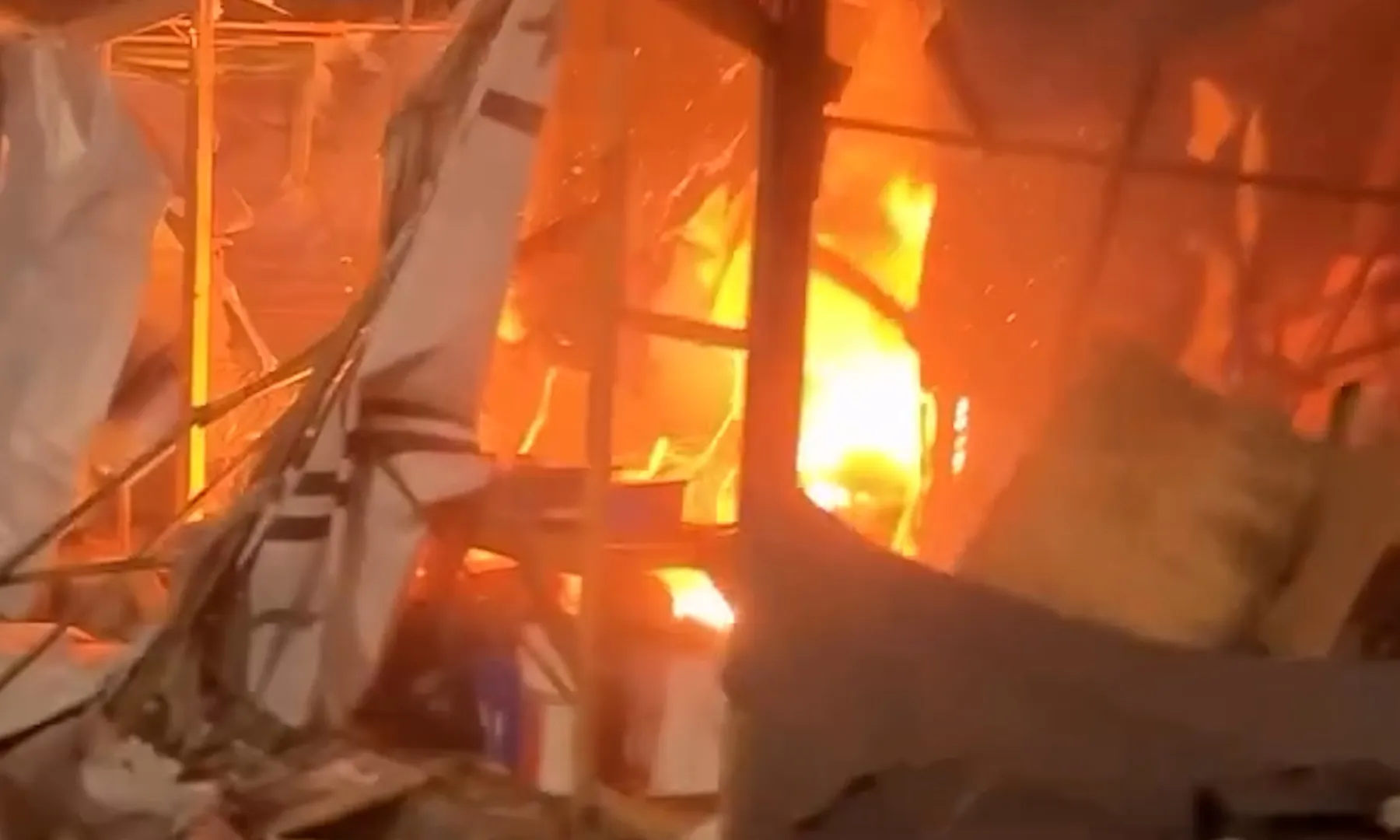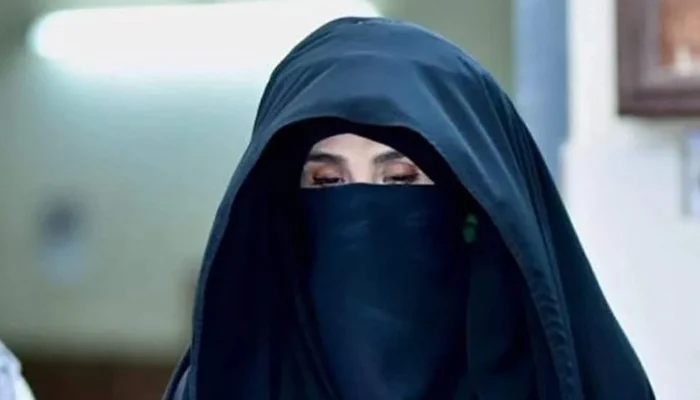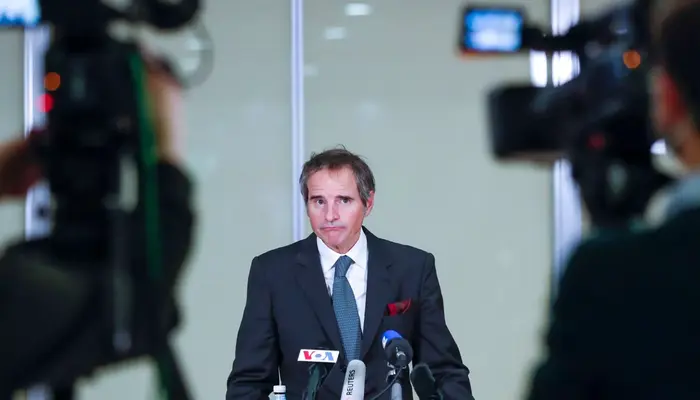
Iran has announced plans to engage in nuclear talks with France, Germany, and the United Kingdom later this week, signaling a critical juncture in ongoing efforts to resolve disputes over its nuclear program. The talks come amidst heightened international scrutiny and mounting diplomatic pressure following a recent UN resolution denouncing Iran’s lack of cooperation.
Focus on Nuclear Cooperation
The Iranian Foreign Ministry confirmed the meeting, emphasizing that the agenda will cover regional and international issues, including Palestine, Lebanon, and nuclear developments. Although the exact location remains undisclosed, both London and Tehran have affirmed their commitment to dialogue.
The announcement follows a resolution by the International Atomic Energy Agency (IAEA), which censured Iran for insufficient cooperation. Of the 35-member body, 19 countries, including the three European participants, supported the resolution, while 12 abstained. Notably, Russia, China, and Burkina Faso opposed the measure.
Escalation in Nuclear Activities
Amid these developments, Iran revealed plans to significantly expand its uranium enrichment capabilities. Behrouz Kamalvandi, spokesperson for Iran’s Atomic Energy Organization, stated that advanced centrifuges would boost enrichment capacity, marking a notable escalation. Despite these measures, Iran maintains that its nuclear program is peaceful, repeatedly denying allegations of seeking nuclear weapons.
Tehran has pledged continued cooperation with the IAEA, but tensions persist. Recent reports indicate that Iran is nearing the 90% uranium enrichment threshold required for nuclear weapons production. While Iran claims it has initiated steps to cap its highly enriched uranium stockpile, these actions have done little to assuage international concerns.
Historical Context
The controversy surrounding Iran’s nuclear program dates back decades. In 2015, Iran reached a landmark agreement with major world powers, including the U.S., to limit its nuclear activities in exchange for sanctions relief. However, in 2018, then-President Donald Trump unilaterally withdrew the U.S. from the deal, reinstating sanctions and exacerbating tensions.
Since the U.S. withdrawal, Iran has reduced its cooperation with the IAEA, deactivating surveillance systems and increasing its uranium stockpile. These moves have deepened mistrust between Tehran and the international community.
International Reactions
European nations remain committed to diplomatic efforts. The UK Foreign Ministry reiterated its stance on preventing Iran from acquiring nuclear weapons, emphasizing readiness to use measures like the snapback mechanism if necessary. The mechanism could reimpose UN sanctions on Iran, adding to its existing economic challenges.
Meanwhile, the IAEA continues to monitor developments closely. Director-General Rafael Grossi has stressed the importance of transparency and collaboration to address unresolved issues.
Read: Trump Names Scott Bessent for Treasury Secretary Role
The Path Ahead
The upcoming talks between Iran and European powers could prove pivotal. As Iran increases its nuclear capabilities and international pressure mounts, finding common ground will be critical to averting further escalation.
With global security and regional stability at stake, the world watches closely as Iran and its counterparts navigate this diplomatic crossroads. Whether these discussions yield progress or deepen divides remains to be seen.
Follow us on Google News, Instagram, YouTube, Facebook,Whats App, and TikTok for latest updates




